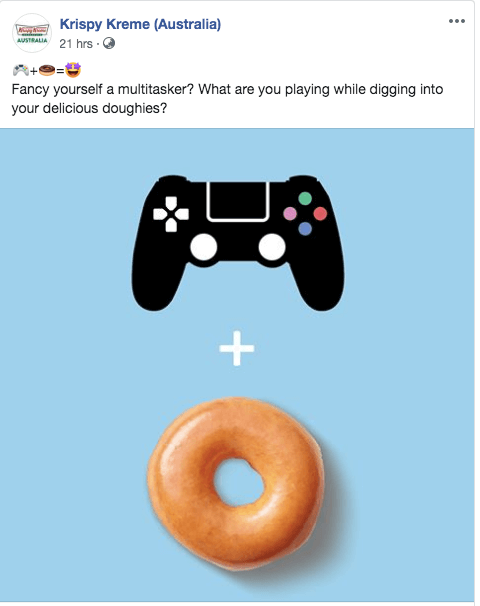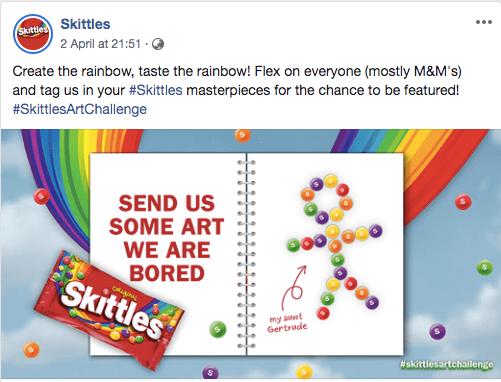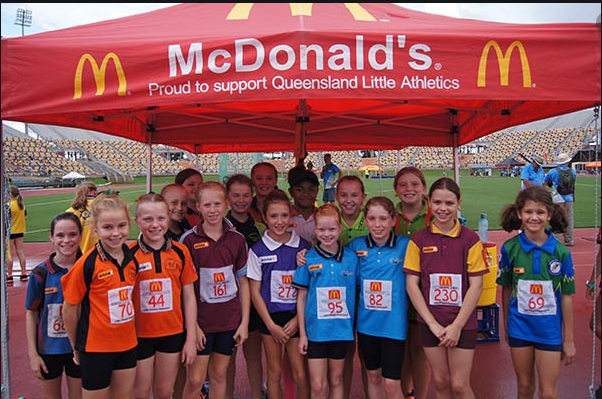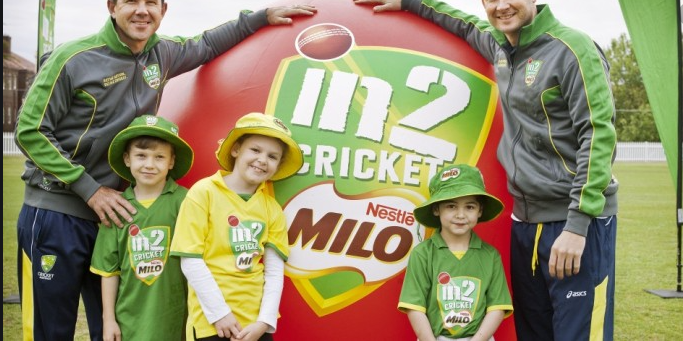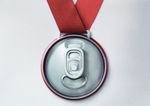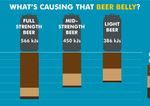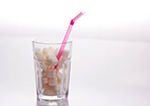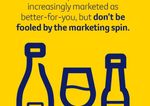Taking a stand on junk food
by Gael Myers, Accredited Practising Dietitian, Ainslie Sartori, Obesity Prevention Manager, Cancer Council WA
- March 22, 2021
- Leave a comment
Australian children are constantly exposed to junk food advertisements – on television, billboards and online. We know that families are trying to stay healthy and eat well. But the world around us doesn’t make this easy, especially when the junk food industry is allowed to market their products to kids, and build their unhealthy outlets anywhere they want.
Children are particularly vulnerable to the influence of food marketing as they find it harder to distinguish advertising from regular content and are less aware of the selling and persuasive intent of advertising compared to adults. Junk food advertisers know this and target young children to encourage unhealthy eating habits, brand loyalty and a lifetime of future sales! This is putting our children at risk of health issues later in life such as type 2 diabetes, heart disease, and some cancers.
Currently there is limited government regulation of food marketing in Australia. Instead the food industry has developed a voluntary system that they monitor themselves. According to these voluntary rules, junk food television adverts must not be directly targeted to children or placed within programs or editorial content that are primarily directed at children. This voluntary system is not working, and nobody is checking and holding them to account! It’s like putting the fox in charge of the henhouse. Recent research has revealed that since the industry’s voluntary system was introduced, children’s exposure to unhealthy food advertising has remained virtually unchanged.
Working together to protect our kids
Cancer Council WA is calling for changes to the way that unhealthy foods are marketed in WA to make it easier for families to stay healthy.
1. Protecting children from junk food advertising
Recent research released by the Telethon Kids Institute found that 74% of outdoor food advertising within 500m of Perth schools is for unhealthy foods. Alarmingly, schools located in disadvantaged areas had a higher proportion of food ads within 250m compared to schools located in more advantaged areas.
Many of these ads appear on government owned property such as buses and bus stops. WA health groups like Cancer Council WA are asking the Government to stop selling this ad space to the junk food industry to protect the health of our kids.
2. Putting health on the agenda when planning communities
Currently, there aren’t any laws that enable Local Governments to consider health when making planning decisions, such as whether to allow a fast food outlet to open in a particular area like near a school. Given the growing number of fast food outlets and the huge impact of these on community health, health groups believe that planning laws need to be amended to allow health to be considered when making planning decisions.
Two examples highlight the need for this change. The first was the approval of a second McDonalds store in Albany. The proposed store is less than a kilometre from North Albany Senior High School. Despite opposition from Cancer Council WA, the authority considering the application was not able to take into account public health concerns in its deliberations.
More recently, a second McDonalds in Ellenbrook was approved. Cancer Council WA also opposed this application mainly because the proposed development is to be located directly opposite Aveley Secondary College. Despite concerns raised by Cancer Council WA, members of the community and the school, the application was approved.
It doesn’t make sense that a fast food outlet can be allowed to open up directly opposite a school, undermining the healthy eating messages that children learn about in the classroom.
What can you do?
The current advertising regulations rely on the public to complain about ads that market unhealthy food to children! If you see an advert that you think breaches the codes you can jump online and make a complaint to the Advertising Standards Bureau.
If you have a junk food outlet situated near your school, or if you have noticed a lot of ads for junk food around your school, we’d love to hear from you as we build the case for planning law reform and to have junk food ads removed from government property. Please email the WA Obesity Policy Team at ObesityPolicy@cancerwa.asn.au.
